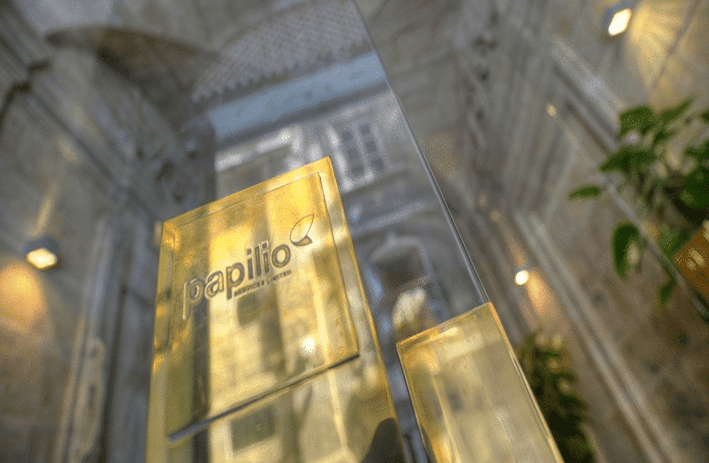Malta’s robust tax framework provides significant incentives for businesses investing in intellectual property (IP), making it a compelling jurisdiction for companies focused on innovation. Through a combination of tax deductions and a favourable Patent Box Regime, Malta ensures that businesses can optimise their tax planning while fostering research and development (R&D).
Maltese Tax Deduction for IP Expenditure
Maltese tax law allows for a deduction of capital expenditure incurred on IP or IP rights, provided that the expenditure is linked to the production of income. This deduction can be spread over the useful life of the IP or, at a minimum, over three consecutive years.
Starting from the financial year 2023, taxpayers have greater flexibility in how they claim these deductions. Expenditure of a capital nature on IP or IP rights may be fully deducted in the same year it is incurred or in the year the IP or IP rights are first used to generate income (also referred to as an accelerated deduction).
Malta’s Patent Box Regime
Beyond standard deductions, Malta’s Patent Box Regime provides significant incentives for companies engaging in innovation and R&D. Effective since January 1, 2019, this regime applies to qualifying income derived from “qualifying IP.”
The Patent Box Regime offers up to a 95% deduction calculated as a percentage resulting from dividing the qualifying IP expenditure by the total expenditure related to the particular IP and multiplied by any income/gains derived from such qualifying IP. This effectively reduces the tax rate on such income to 5% or lower.
What Qualifies Under Malta’s Patent Box Regime?
The term “qualifying IP” encompasses a range of intellectual property assets, including:
- Patents with respect to which patent protection has been issued or otherwise has been applied for but still pending patent protection;
- Assets in respect of which protection rights are granted in terms of national or international legislation
- Utility models
- Software protected by copyright under national or international legislation
To qualify under this regime, the taxpayer must demonstrate active involvement in R&D leading to the IP’s development. Merely earning passive royalty income does not meet the criteria. Additionally, the qualifying IP must:
- Be legally protected in at least one jurisdiction.
- Be owned by the taxpayer or held under an exclusive license.
- Show sufficient substance within the relevant jurisdiction.
Research & Development (R&D) Tax Credits
Malta also offers tax credits for qualifying R&D activities through Malta Enterprise under the R&D and Innovation Scheme. This scheme has been relaunched in 2024 and remains available until 31st December 2026.
The aid provided under this scheme may be awarded as tax credits, cash grants or a combination of any of these forms of aid. Eligible costs may include wages, equipment, costs of contractual research, technical knowledge and patents bought, as well as consultancy related to R&D.
Patent Protection in Malta
A key requirement of the Patent Box Regime is that the qualifying IP must have legal protection, which can include registering the patent in Malta.
Under Maltese laws, an invention qualifies for patent protection if it is novel, involves an inventive step and is susceptible of industrial application. Biological inventions may also be patentable subject to certain ethical and moral exceptions.
The Patent application form is to be accompanied by:
- A request for the grant of a patent
- A description of the invention
- One or more claims
- An abstract of the invention
- Any drawings referred to in the description or the claims
Once an application is filed, the Office would examine it for the purposes of assessing whether it complies with the relevant rules and regulations, and should it be found in compliance a patent would be granted. Once granted, patents are valid for 20 years from the filing date, with annual renewal fees starting from the third anniversary.
Patent holders have exclusive rights to:
- Manufacture or use the patented product or process.
- Market the patented product.
- Prevent unauthorised third-party use or sale.
Malta also allows for the validation of European patents granted by the EPO.
How Can We Assist?
Navigating Malta’s IP tax incentives requires a strategic approach to ensure compliance with the applicable regulations while optimising the available benefits. This is where our expertise comes in.
We specialise in assisting businesses with the end-to-end process of registering patents in Malta and ensuring that your IP qualifies under the Patent Box Regime. Our services may include advising on the eligibility of IP assets for Maltese tax incentives and managing the application and registration process for patents with the Maltese authorities or managing the validation process for European patents.
Conclusion
Malta’s IP tax framework is a powerful tool for businesses to support innovation and reduce tax liabilities. Whether you aim to register a new patent or optimise tax benefits for existing IP, we are here to guide you every step of the way. Contact us today to explore how you can leverage Malta’s IP tax benefits to their fullest potential.
About the Author
This article was authored by Laura Camilleri, Manager of the Corporate & Legal Department.

















